This is the third in a series of several stories providing metaphors to help you get your audience invested in a new manual, guideline or procedure. Regular readers know that I believe telling stories and creating metaphors to help drive points home and convince an audience to act after a presentation is over is one way to persuade listeners. Read more
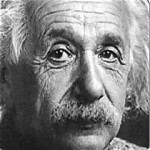 Four stories to get your audience excited about your manual, guideline or procedures – Part 3
Four stories to get your audience excited about your manual, guideline or procedures – Part 3 Four stories to get your audience excited about your manual, guideline or procedures – Part 2
Four stories to get your audience excited about your manual, guideline or procedures – Part 2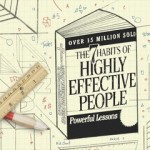 How to connect with your audience for a successful presentation
How to connect with your audience for a successful presentation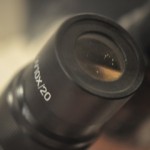 10 ways to improve your observation skills (and your career), part III
10 ways to improve your observation skills (and your career), part III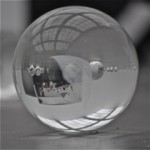 Problem solving and your career, part II
Problem solving and your career, part II 7 questions to consider to help solve a problem, part I
7 questions to consider to help solve a problem, part I How to turn “win” into “winning” – strategies for success at work
How to turn “win” into “winning” – strategies for success at work Change for change’s sake does not equal success
Change for change’s sake does not equal success Understand your problem before you try to solve it
Understand your problem before you try to solve it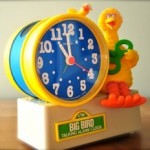 Problem solving – Big Bird style
Problem solving – Big Bird style